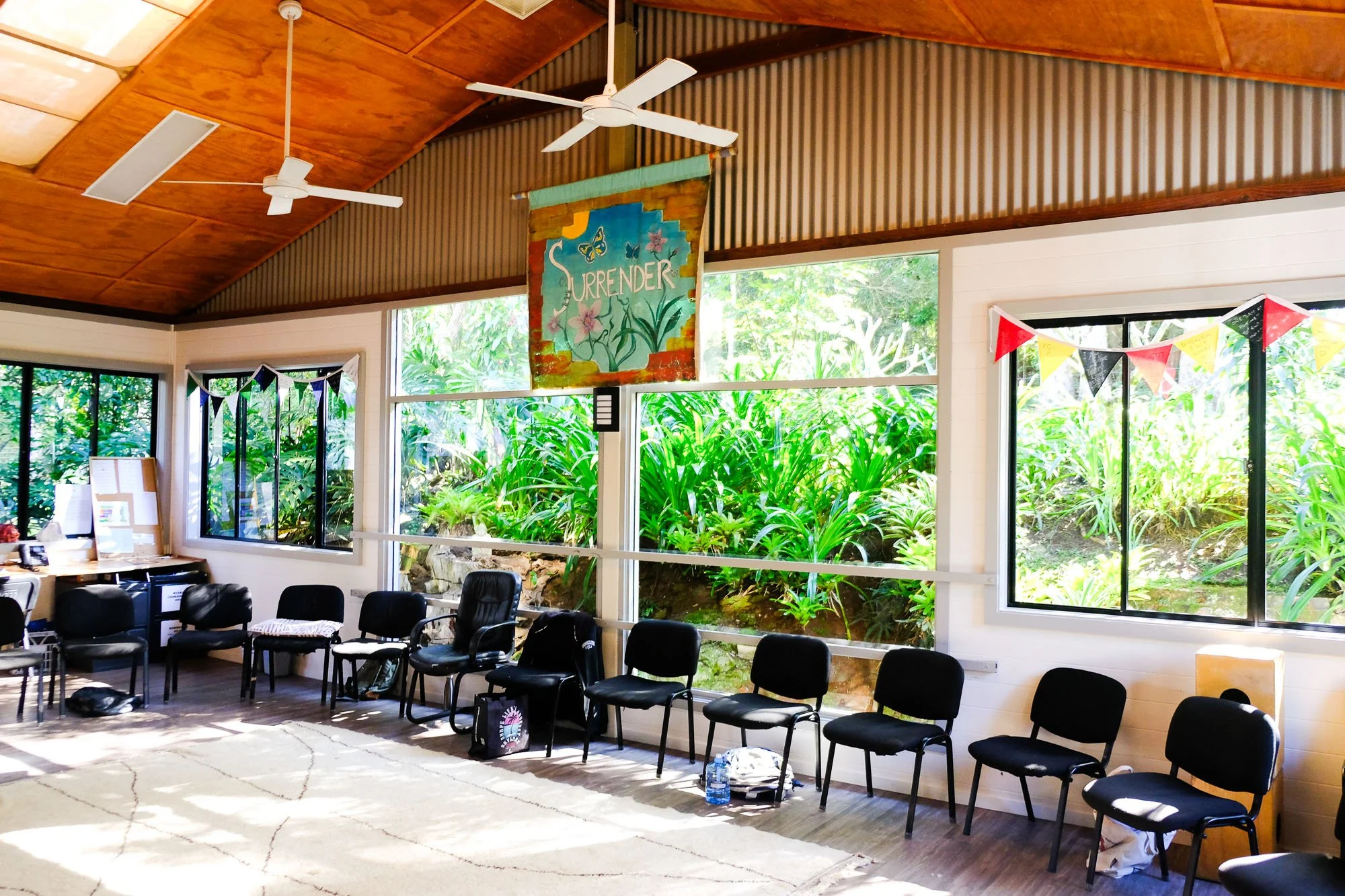
Quality & Safety
The Buttery’s programs and interventions are evidence-based and conceptualised within quality and safety frameworks. All programs integrate existing evidence, professional expertise and participant feedback to develop optimal interventions, including new and innovative approaches.
The Buttery’s clinical case review process uses clinical data and outcome measures to review and inform decision-making. Staff is encouraged to critically review their practice through supervision and professional development.
Each Buttery program ensures that all participants undergo a comprehensive biopsychosocial assessment that covers key domains of the participant’s functioning. Following assessment, a treatment plan is developed with the participant, which is continually revised and developed.
The Buttery’s programs are compliant with legislation, current National and State Alcohol and Other Drugs (AOD) guidelines, the Ottawa Charter on Health Promotion and the World Health Organisation (WHO) understanding of health as “a state of complete physical, mental and social wellbeing and not merely the absence of disease or infirmity.”
A comprehensive policy suite helps to guide The Buttery’s clinical service delivery, risk management, WHS, governance and operational management.
The Buttery’s programs have formally incorporated clinical guidelines and standards into routine practice. The outreach service utilise multiple participant-centred approaches consistent with Alcohol and Other Drugs (AOD) best practice models and is compliant with the NSW Health Alcohol and Other Drugs (AOD) Psychosocial Interventions Professional Practice Guidelines. These therapeutic interventions include:
Comprehensive assessments
Cognitive behavioural therapy
Motivational interviewing
Schema therapy
Mindfulness-based interventions
Psychodynamic therapy
Solution-focused counselling
Relapse prevention





